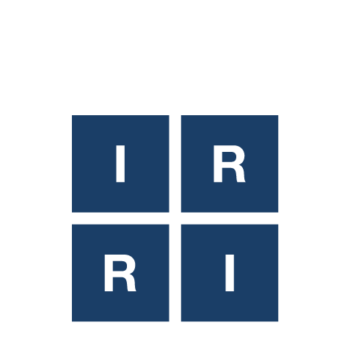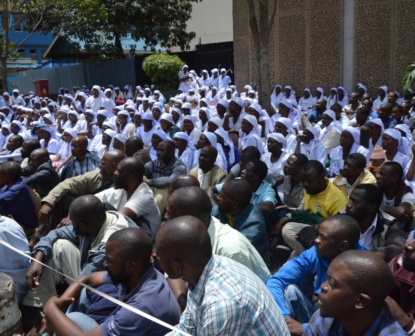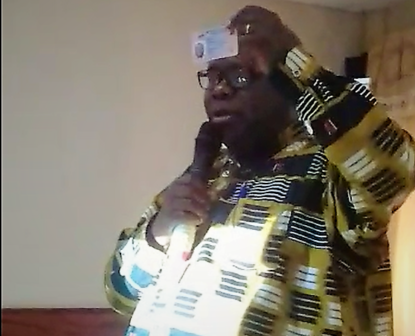Project
Empowering Stateless Communities in East Africa – (ESC-EA)
-
Amount Funded
104,229 EUROProject Duration
01 Oct 2018 - 30 Jun 2019 -
-
Lead organisation
Partners
Kenya Human Rights Commission, Dignity Kwanza Tanzania
-
International Refugee Rights Initiative (IRRI) was founded in 2004 to inform and improve responses to the cycles of violence and displacement that are at the heart of large-scale human rights violations. Their vision is a world where every person feels safe and secure, be that in their own homes or elsewhere. Over the last 14 years, IRRI has developed a holistic approach to the protection of human rights before, during, and in the aftermath of displacement, by focusing on:
- Identifying the violations that cause displacement and exile,
- Protecting the rights of those who are displaced, and
- Ensuring the solutions to their displacement are durable, rights-respecting, safe and timely.
IRRI works to ensure the voices of the displaced and conflict-affected communities are not only heard but heeded at the international level through our evidence-based advocacy that is built on the solid field-based research and analysis. IRRI is registered as a non-profit organisation in the US, the UK and Uganda with a board of seven, headed up by the Nigeria-based Chair, Chidi Odinkalu, and our Uganda-based Vice-Chair, Salima Namusobya, with the other board members based in the UK, US and Tanzania.
-
Organisation
International Refugee Rights Initiative (IRRI) was founded in 2004 to inform and improve responses to the cycles of violence and displacement that are at the heart of large-scale human rights violations. Their vision is a world where every person feels safe and secure, be that in their own homes or elsewhere. Over the last 14 years, IRRI has developed a holistic approach to the protection of human rights before, during, and in the aftermath of displacement, by focusing on:
- Identifying the violations that cause displacement and exile,
- Protecting the rights of those who are displaced, and
- Ensuring the solutions to their displacement are durable, rights-respecting, safe and timely.
IRRI works to ensure the voices of the displaced and conflict-affected communities are not only heard but heeded at the international level through our evidence-based advocacy that is built on the solid field-based research and analysis. IRRI is registered as a non-profit organisation in the US, the UK and Uganda with a board of seven, headed up by the Nigeria-based Chair, Chidi Odinkalu, and our Uganda-based Vice-Chair, Salima Namusobya, with the other board members based in the UK, US and Tanzania.
-
Project
With thousands affected by or at risk of statelessness in East Africa, the ESC-EA project aims to empower affected communities in Uganda, Tanzania and Kenya, with tools and knowledge to carry out targeted advocacy efforts on a community, national and regional level to advance their quest for political and social inclusion.
Participatory project design ensures that the voices of communities are heard and amplified among key-decision and policymakers, ahead of the Special Technical Committee Meeting on Migration, Refugees and Internally Displaced Persons in Malabo, Equatorial Guinea early 2019. Topics on the agenda are the Draft Protocol on the Right to Nationality (Draft Protocol). The Special Technical Committee meetings follow initial discussions on the Draft Protocol in South Africa and Cote d’Ivoire, during which states opted for more general provisions, significantly reducing its legal force. Subsequently, engagements ahead of the STC Meeting offer the opportunity to ensure affected communities are able to share their experiences and lived realities with members of the African Union and advocate for strong legal provisions in the Draft Protocol. The consortium of the International Refugee Rights Initiative, the Kenya Human Rights Commission and Dignity Kwanza further serve as facilitators to bring together groups on a national and regional level, to share and learn from common experiences.
-
With thousands affected by or at risk of statelessness in East Africa, the ESC-EA project aims to empower affected communities in Uganda, Tanzania and Kenya, with tools and knowledge to carry out targeted advocacy efforts on a community, national and regional level to advance their quest for political and social inclusion.
Participatory project design ensures that the voices of communities are heard and amplified among key-decision and policymakers, ahead of the Special Technical Committee Meeting on Migration, Refugees and Internally Displaced Persons in Malabo, Equatorial Guinea early 2019. Topics on the agenda are the Draft Protocol on the Right to Nationality (Draft Protocol). The Special Technical Committee meetings follow initial discussions on the Draft Protocol in South Africa and Cote d’Ivoire, during which states opted for more general provisions, significantly reducing its legal force. Subsequently, engagements ahead of the STC Meeting offer the opportunity to ensure affected communities are able to share their experiences and lived realities with members of the African Union and advocate for strong legal provisions in the Draft Protocol. The consortium of the International Refugee Rights Initiative, the Kenya Human Rights Commission and Dignity Kwanza further serve as facilitators to bring together groups on a national and regional level, to share and learn from common experiences.
-
News





